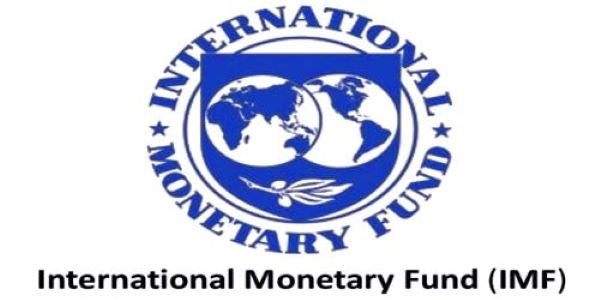Ghana eases Know Your Customer (KYC) requirement as an “emergency measure” to encourage the use of digital financial services, according to the latest Financial Access Survey (FAS) by the International Monetary Fund (IMF).
The IMF posits that the progress made towards financial inclusion worldwide, especially in low-and middle-income economies, has become possible, partly through innovation in the form of digital financial services, including mobile money.
Mobile money has helped increase access to financial services and has “taken deep root in both sub-Saharan Africa and Asia, providing financial services to the underbanked and unbanked populations in these regions,” the IMF opined.
“Increasing transaction limits while relaxing KYC requirements could expose countries to higher risks of illicit financial flows,” the IMF cautioned.
Again, these digital financial services can support undisrupted financial transactions, high levels of market penetration, a readily available substitute to move away from in-person cash transaction, and the ability to transact with no or almost minimal physical contact in these times of social distancing during the current pandemic.
A sample of select economies, according to the IMF shows a “significant increase in the number of registered mobile money accounts per 1,000 adults,” and further suggests a continued upsurge in the usage of mobile money in some economies.
Since the year 2015, the value of mobile and internet banking transactions keeps growing more rapidly in low- and middle- income countries, the IMF added.
Aside the rising use of mobile money services, the IMF further asserted that “access to and use of traditional financial services, as measured by the FAS indicators, has deepened over time in low-and middle-income economies”.
“The latest data from 2019 indicate that the number of ATMs per 100,000 adults and the number of deposit and loan accounts per 1,000 adults grew for the past years in these economies”.

“These trends reflect the recent rise of mobile money and non-branch retail agent outlets,” and is in line with the UN Sustainable Development Goals Target 8.10, which is to strengthen the capacity of domestic financial institutions to expand access to banking, financial services, and insurance for all, the IMF pronounced.
Recent financial and economic data released by the Bank of Ghana affirms the findings of the IMF.
The Bank of Ghana reports that the total value of mobile transactions increased from GH¢26.1 billion in August 2019 to settle at GH¢56.0 billion by the end of August 2020.
This means that total value of mobile transactions doubled in one year, with an increase of approximately GH¢30 billion.
According to Global System for Mobile Communications Association (GSMA) state of industry report on mobile money for 2019, “In order to level the playing ground for all providers of essential financial services, regulators should consider declaring mobile money an “essential service” at par with other financial service providers such as banks. This will ensure there is service availability at mobile money cash in and cash out points even as governments tighten COVID-19 emergency responses”.
“Mobile money, as defined by the FAS, is a financial service offered by a mobile network operator (MNO) or another entity that partners with an MNO, facilitated by a network of mobile money agents. See IMF (2019a) for more details”.
“Mobile banking, as defined in the FAS, is the use of an application on a mobile device to access and execute banking services, such as check deposits, balance inquiry, and payment transfers”.



















